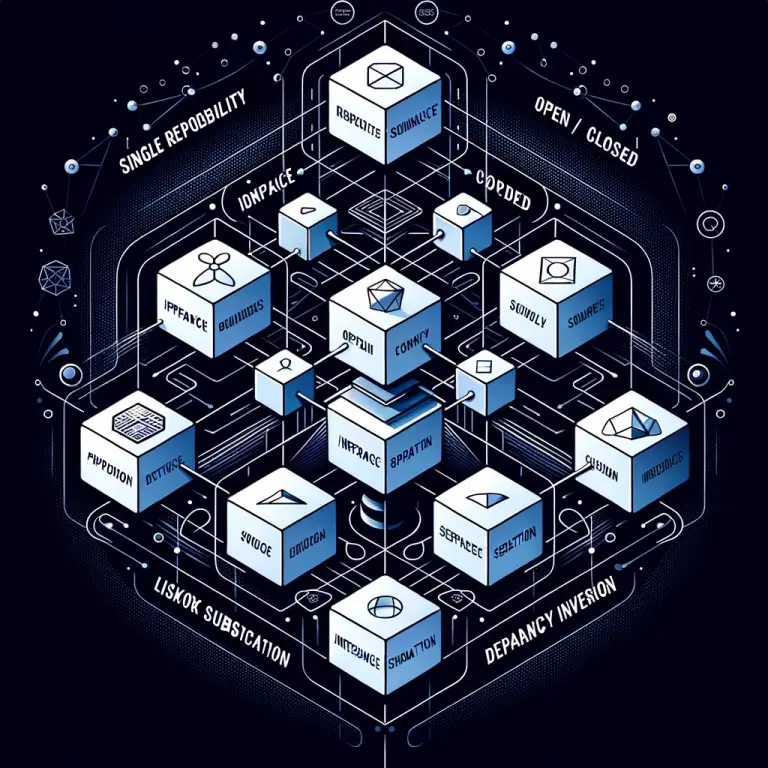Civilization VII: A Jarring Yet Promising New Dawn
First Impressions
Civilization VII marks a bold departure from its predecessors, challenging the assumptions many players carry into each new entry. Having spent significant time with the game, my initial reaction was one of discomfort. It is not a game that immediately opens its arms to returning fans; rather, it demands a mental shift, a reframing of what “a Civ game” can be. The rigid structure, the new systems, and the altered pacing felt alien compared to the sprawling freedom of previous entries.
The most immediate difference lies in the way Civilization VII structures its gameplay. Where past entries offered relatively freeform paths to victory, Civ VII introduces a much more “on-rails” experience. The game is divided firmly into three distinct Ages — Antiquity, Exploration, and Modern — each with its own Legacy Paths and objectives. Your civilization evolves through these eras not only by technological or cultural progression, but through a tightly guided framework that can feel at times both liberating and constraining.
Longer Play Time Reflections
As hours turned into dozens of hours, my view softened. Civilization VII is a game that rewards adaptation and fluidity, not rigid pre-planning. The more I played, the more I realized that while the structure was narrower, the decision space within it was still rich. The “rogue-like” elements — leveling up your account, unlocking bonuses for future runs, making persistent progress outside of a single game — added an unexpected layer of longevity and personal investment.
The realization came slowly: this was not Civ as I knew it, but it was still Civ at heart. Exploration, development, conflict, and wonder-building remained — only reinterpreted through a different lens. The initial feeling of being “on rails” began to feel more like “navigating a story,” even if it was one with firmer guideposts than before.
The Big Changes
Perhaps the most radical change is the new “Emergent Narrative” and progression system. Each choice you make — from how you handle barbarians, to whether you lean into specific city builds — affects what traits and abilities you unlock for future games. This gives Civilization VII a distinct “rogue-lite” flavor: you are always building something bigger than a single match.
Meanwhile, the fundamental way you expand your empire has changed dramatically. Settlements begin as Towns, which must be upgraded to Cities using Gold. Cities can even revert back to Towns at Age transitions. Builders are gone, replaced with tile improvements tied passively to population. Expansion is aggressive but controlled, limited by a Settlement Cap that you must expand carefully through technologies and civics.
Not all of these changes land smoothly. Losing hands-on tile development via Builders removes an important tactile feedback loop. The Town/City mechanic, while interesting on paper, often feels like a bureaucratic hurdle that can sap momentum.
Other Changes: Graphics, Sound, and Presentation
Civilization VII also presents a new look and feel. The graphics are sharper and more stylized, aiming for a middle ground between Civ VI’s cartoony brightness and Civ V’s more muted realism. Animations are clean but sometimes lacking in personality compared to previous entries.
The sound design is atmospheric but understated. Music dynamically shifts with the Ages, providing a beautiful but less iconic backdrop than earlier Civ soundtracks. Voiceovers remain strong, especially for leaders and major events, lending a sense of gravitas to key moments. However, there are times when the world feels a little more sterile than the vibrant living history previous Civ games captured.
Summary and Conclusion
While I appreciate the innovation, I don’t agree entirely with all the decisions. The city settlement system, and the absence of Builders, feel unnecessarily punitive at times. Yet despite these critiques, I understand and respect the desire for change. Civilization needed evolution; had Firaxis simply delivered a polished Civ VI 2.0, stagnation might have been the greater enemy.
Civilization VII is full of ambitious ideas — some land gracefully, others stumble — but taken together, they offer the potential for a different kind of greatness. It’s a game less about “optimizing from turn 1” and more about adapting, learning, and navigating a story that emerges around you.
In the end, Civilization VII challenges players to let go of the comfort of total control. If you can mentally reframe your expectations — not treating every deviation as a flaw, but as an invitation to rethink your approach — you may find the experience deeply rewarding. It won’t be for everyone. But for those willing to make the adjustment, Civilization VII may yet be the start of a remarkable new journey in strategy gaming.
Not perfect. Not finished. But promising — in a way that few games dare to be.

